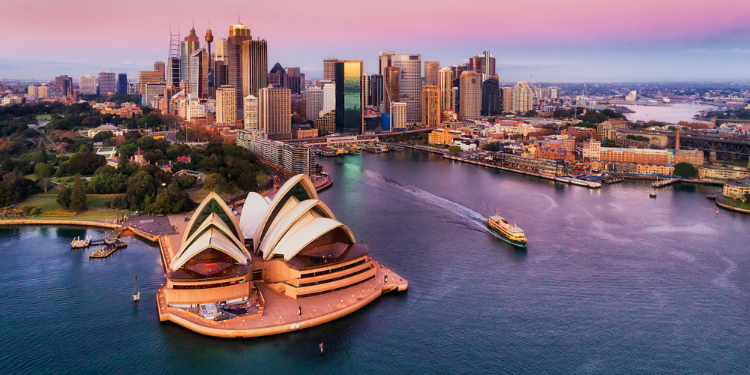
Following the COVID-19 pandemic, Australia imposed strict border restrictions. Recently, the government also introduced a new rule that affects Australian citizens and permanent residents living overseas and visiting Australia. Additionally, there are local restrictions within the country. Foreign expats living in Australia, as well as expats from Australia living overseas, should familiarize themselves with the relevant restrictions ahead of making travel plans.
The Department of Home Affairs has information about travel to and from Australia.
There are restrictions around who can enter and leave Australia and under what circumstances.
According to the Department of Home Affairs, Australian citizens and permanent residents, for example, cannot leave the country unless they apply for a travel exemption based on a qualifying reason(s). They need to submit evidence to support their reasons for travel. The travel exemptions are not required to travel to New Zealand if such Australian citizens and permanent residents have stayed in Australia and New Zealand during the 14 days ahead of departure, according to the Department of Home Affairs website. There are some situations, such as for airline crew, among others, where applying for exemptions are not required.
From August 11, 2021, the requirement to apply for a travel exemption to leave Australia will also apply to Australian citizens and permanent residents who usually reside overseas and are visiting the country, as stated on the Department of Home Affairs website. However, they say a transitional period exists until September 7, 2021, where travellers without an exemption will be permitted to leave if their overseas residency can be confirmed by the relevant officials “at departure”. The website further states that such Australian citizens and permanent residents usually living overseas will need to show evidence such as foreign driver's licenses, utility bills, and employment contracts to prove their overseas residency when applying for the travel exemption. They can, however, apply for the travel exemption ahead of travelling to Australia.
Refer to the Department of Home Affairs for complete and current details of entry and exit that apply to your situation.
The recent changes will affect Australian expats planning to travel to Australia for reasons such as visiting families, and the news may have sparked concerns among many. For example, obtaining solid evidence of overseas residency may be difficult for expats with fewer ties to their host countries.
There are other restrictions that Australian expats entering Australia should also be aware of. According to the Department of Foreign Affairs and Trade's Smartraveller website - www.smartraveller.gov.au – there are limits on the number of incoming passengers, and there are other requirements from incoming passengers such as COVID-19 testing before departure and related rules, and a mandatory 14-day quarantine requirement, depending on your circumstances.
The COVID-19 infection numbers in Australia have spiked recently, and at the time of writing, there are also restrictions within the country, including for travel between states and territories.
Tips for expats
If you are an Australian expat who wishes to visit Australia and return to your host country, ensure you gather the required proof of your overseas residency. It might be less stressful to apply for the travel exemption to exit Australia ahead of planned travel. Remember to check the cost of quarantine that may apply to you from the respective state or territory government resources.
If you are an expat living in Australia, adhere to applicable local restrictions such as lockdown rules. Similarly, follow recommended health and safety guidelines. Health issues can be challenging to face, especially if you are alone in a foreign country.
Keep in touch with your friends and family to avoid feeling lonely or isolated. Don't hesitate to seek help for any mental health issues.
If you are one of the many expats with family or other interests both in Australia and overseas, this can be a challenging time. We hope the pandemic will ease, followed by the restrictions – hopefully soon – so expats can have more flexibility in their lives.



















